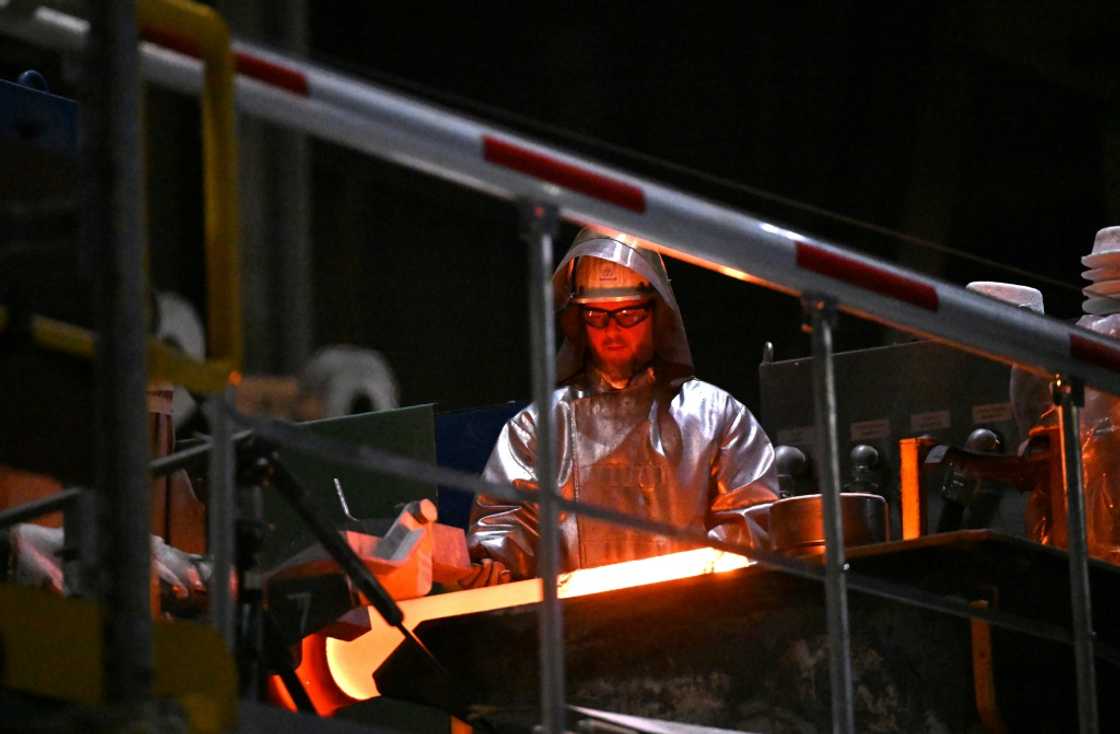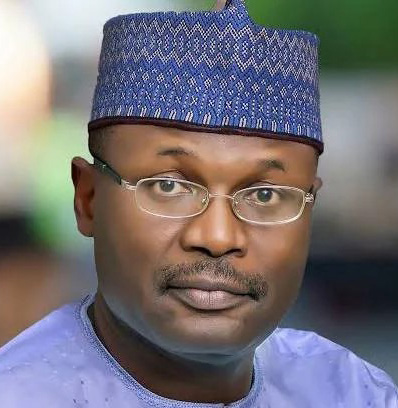EU to Double Steel Import Tariffs, Following US Strategy to Counter Chinese Competition
The European Union is set to implement stringent measures to protect its steel industry by proposing a significant increase in import tariffs and reduced quotas, mirroring protective policies previously adopted by the United States.
The EU executive plans to raise steel import tariffs from 25% to 50% while substantially reducing import quotas before tariffs apply. This move comes as European steelmakers face mounting pressure from cheaper Chinese imports, which currently dominate global steel production.
Stephane Sejourne, the EU’s industry chief, emphasized the critical nature of these protective measures, stating, “The European steel industry was on the verge of collapse — we are protecting it so that it can invest, decarbonise, and become competitive again.” While distancing the policy from Trump-era approaches, Sejourne insisted, “We’re not doing Trump-style politics.”
The proposed framework would replace the existing safeguard mechanism, which currently imposes 25% duties beyond established import quotas and is scheduled to expire next year. The new measures require approval from both EU member states and parliament before implementation.
Trade Commissioner Maros Sefcovic is simultaneously pursuing collaboration with US counterparts to address Chinese overcapacity. Following a US-EU tariff agreement in July, the bloc is working toward establishing a “metals alliance” with the United States to protect their respective markets.
The stakes are particularly high for Europe’s steel sector, which employs approximately 300,000 workers directly. Industry group Eurofer reports that nearly 100,000 jobs have disappeared over the past 15 years, with an additional 2.3 million indirect jobs potentially at risk under current market conditions.
The initiative has already garnered support from various stakeholders, including Belgian trade unions who praised the “ambitious and necessary plan.” The announcement’s positive market impact was reflected in a 9% increase in ArcelorMittal’s share price over the past week.
The steel industry’s significance extends beyond traditional manufacturing, playing a crucial role in Europe’s green transition. Steel components are essential for renewable energy infrastructure, including solar panels, wind turbines, and electric vehicles, making the sector’s survival vital for the EU’s broader environmental objectives.
Henrik Adam, Eurofer’s president, underscored the urgency of the situation, warning that decisive action is needed “before all lights go out in large parts of the EU steel industry and its value chains.







Leave a Comment